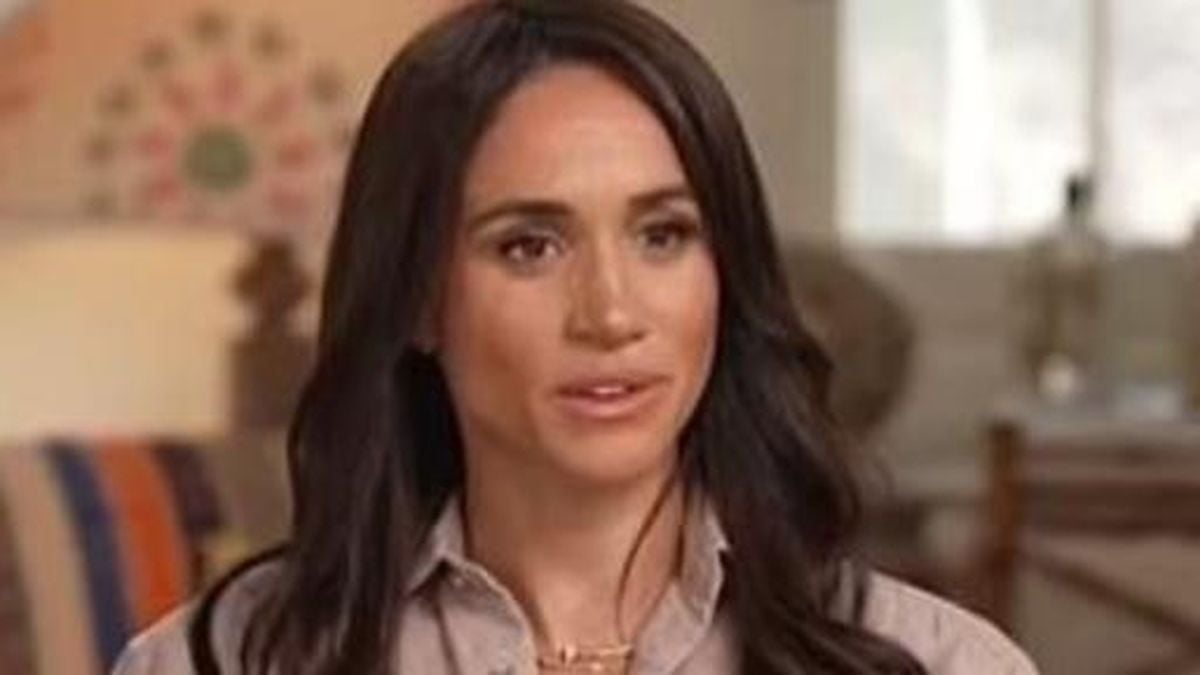Hollywood actress Justine Bateman has recently voiced her views on Meghan Markle and Prince Harry, labeling their public actions as part of a “Victim Olympics campaign.” Bateman, known for her roles in Family Ties and Desperate Housewives, tackled the subject in a blog post titled, “The Problem With Meghan Markle: It’s Not What She’s Doing, It’s the Victim Olympics Road She Took to Get There,” critiquing the relevance of the couple’s media presence in 2025.
In her post, Bateman argued that society’s appetite for victim narratives has drastically changed. She declared, “The problem with Meghan Markle (and her husband, Harry) is that every opportunity they have explored or exploited over the past few years has been due to their very aggressive Victim Olympics campaign.” Here, Bateman highlights her conviction that people are increasingly disinterested in stories revolving around victimhood, especially when they perceive a lack of earned achievements.
“The difference between doing that two years ago and doing it now is immense. It’s 2025, and no one wants to see victims anymore,” she continued, echoing a sentiment that suggests audiences no longer wish to engage with narratives that play into historically sympathetic roles without possessing authenticity.
This critique comes on the heels of the debut of Markle’s new Netflix cooking series, With Love, Meghan. The show faced a lukewarm reception, and Bateman believes this is a direct reflection of the audience’s fatigue with perceived insincerity. “No one wants to watch someone playact at something they didn’t earn,” she stated, emphasizing the disconnect between Markle’s public persona and what viewers are willing to support.
Bateman illustrates her perspective further, expressing that it’s 2025 and folks want public figures to “earn your spot.” By making a case against those who lament their losses while remaining in the spotlight, she maintains that many are reluctant to engage with figures that are not only profiting from their past but seem to lack genuine connection with their audience.
The criticism extends beyond their media portrayals. Bateman has previously condemned Meghan and Harry for what she described as “disaster tourism” during situations like the horrific California wildfires early this year. After the couple was photographed with Pasadena’s mayor, Victor Gordo, Bateman called them “ambulance chasers” in a post that circulated widely on social media. “What a repulsive ‘photo op’ they achieved,” she remarked, questioning the intentions behind their public appearances.
As she dissected the reactions surrounding Markle and Harry, Bateman noted an unsettling truth about public relations – that many audiences are becoming more discerning and critical about the authenticity of their public figures. “They are two people riding the fumes of a past Victim Era, in a new era now where victimhood has fallen far out of favor,” she asserted.
This volatile mix of criticism highlights the burden of modern celebrity, where the once readily sympathetic tales of hardship and obscurity can only carry weight for so long. The immense change in public perception towards the Sussexes has left them struggling to maintain their foothold in the intense landscape of media celebrity.
Bateman’s remarks arrive at a time when the streaming giant Netflix faces its challenges, including rumored decisions concerning its relationship with the Duke and Duchess of Sussex, whose $100 million contract has been speculated to be on shaky ground. Observers note that the platform may not renew its deal, especially as Bateman and others in the industry voice their skepticism about the couple’s film-making capacity.
Reilly Sullivan, a digital reporter from Sky News, articulated that such critiques from Bateman, a seasoned actress and writer, may sting. As he put it, “To have a peer in the industry… making comments like that, I think it probably would sting.”
As Meghan and Harry navigate the turbulent waters of public life, the implications of Bateman’s critique may well signify a larger cultural shift. Society may increasingly call for authenticity and merit, rendering tales of victimization less palatable than in previous years. The desire for genuine engagement in celebrity narratives suggests a pivotal transformation in the public’s expectations.
In the landscape of contemporary media, where the stories of public figures are disseminated with unprecedented speed and scrutiny, Bateman’s critiques resonate deeply. The echoes of her words reflect a growing consensus among audiences: to gain acceptance and support, one must truly earn it, not merely lament a lack of opportunity. With this shift in audience expectations, one can only wonder how it will shape the future narratives of personalities like Meghan Markle and Prince Harry.
